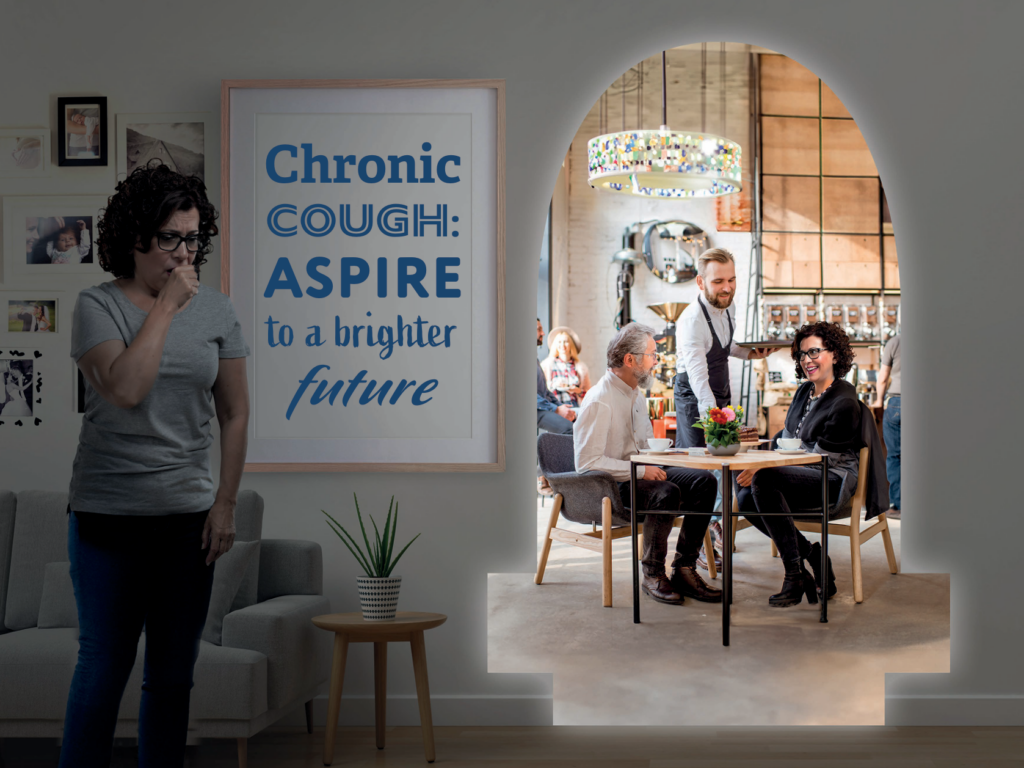Can't Stop Coughing?
You may qualify for a clinical trial evaluating potential treatment options for chronic cough.

A clinical trial is a carefully designed research study involving human volunteers to investigate the safety and effectiveness of a new drug or treatment. Clinical trials are essential for evaluating the benefits and risks of medical interventions, ultimately informing healthcare decisions and regulatory approvals.
As a clinical trial or observational study participant, your responsibilities and what you will be required to do can vary depending on the study, its objectives, and the phase of the trial.
Some common activities and responsibilities you may encounter as a participant include: diagnostic tests, treatments, procedures, doctor visits, dietary changes, exercise and/or other lifestyle changes. Observational studies often involve minimal effort, such as completing questionnaires, sharing test results, maintaining a diet or exercise log.
Joining a clinical trial can provide access to cutting-edge treatments, close medical monitoring, and an opportunity to contribute to medical knowledge. Participants may experience improved health outcomes and specialized care while potentially receiving compensation for volunteering.
Clinical trials are designed with a strong emphasis on the safety of participants, and multiple safeguards are in place to minimize risks, including careful study design, oversight by institutional review boards and routine monitoring of study data by independent experts. Researchers must inform participants of the risks, benefits and/or side effects they discover.
Yes, you can drop out of a clinical trial study at any time, and you have the right to do so without facing any penalties or consequences. This is often referred to as "withdrawal of consent."
Voluntary participation is a fundamental principle of clinical research. You are not obligated to continue in a trial if you no longer wish to do so.
Determining your eligibility to participate in a clinical trial involves a thorough evaluation of specific eligibility criteria set forth by the study's researchers and sponsors. The criteria help define the patient population being studied and are designed to protect the safety of participants in the trial.
Providing accurate information about your medical history and health status is crucial for your safety and the integrity of the research. If you are not eligible for one trial, you may still be eligible for other trials in the future, so it's worth exploring your options if you are interested in participating in clinical research.
About The ASPIRE Study
Chronic cough can affect your physical health and your quality of life, and it may cause you to feel isolated or anxious.
The ASPIRE Study will look at how safe a possible new drug is and how well it works to reduce chronic coughing.
This study will include people who:
- are 18–80 years of age
- have had chronic cough for at least 1 year
- have seen a doctor and received prescribed or over-the-counter medicines but their cough has:
- not gotten better, or
- has only improved a little
- are not smokers
- are not diagnosed with asthma or COPD
If you take part, you will be in the ASPIRE Study for up to 13 weeks. You will visit the study center about 7 times to check on your health.
What else do I need to know?
- You will not be paid to take part but may be reimbursed for reasonable travel costs while in the study.
- You will receive the study medication and all study-related tests at no cost to you.
- An independent ethics committee, which protects the rights, safety, and well-being of participants, has reviewed this study.
- We plan to enroll a variety of people because chronic cough and treatments may affect people differently based on their race, ethnicity, gender, age, and background.
